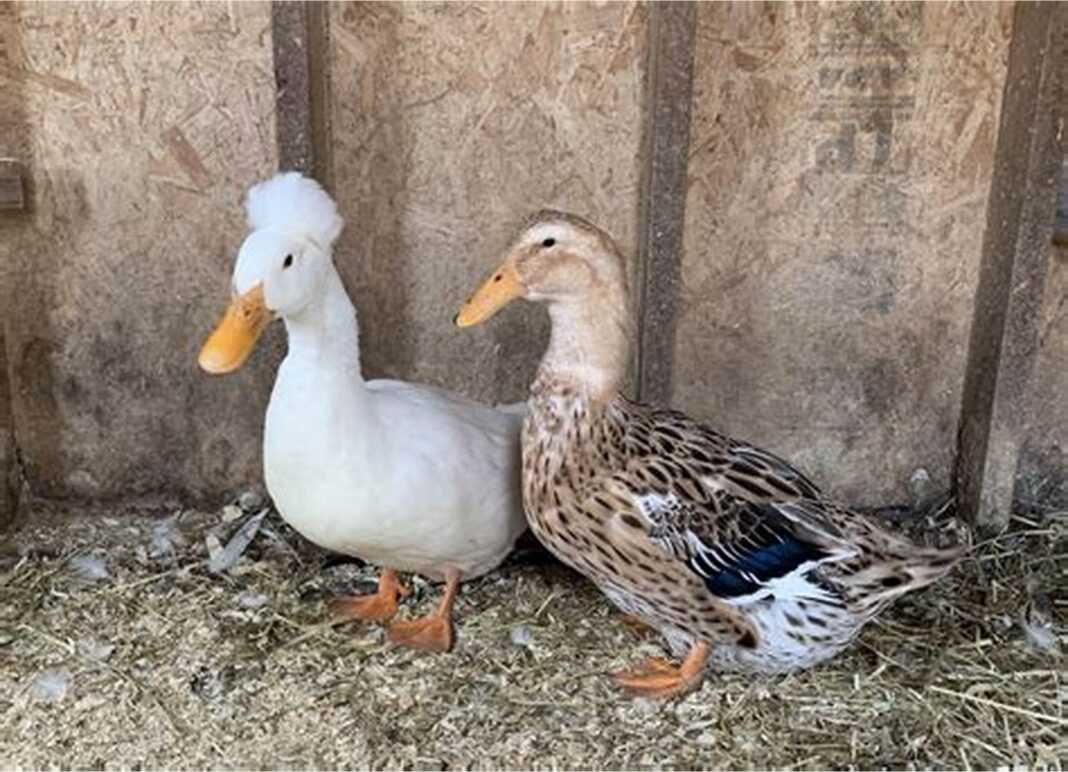Seabata Mahao
The Ministry of Trade, Industry and Business Development this week hosted a workshop to validate a study on the establishment of regional value chains in light industry and agro-processing sectors.
Agro-processing value chain considers the processing of indigenous plants, while the light industry value chain covers the processing of duck and geese feathers to produce textiles and clothing products.
The workshop was held under the auspices of the Lesotho Economic Growth, Job Creation, and Economic Partnership Agreement (EPA) Implementation Support Programme, co-financed by the European Union (EU) and the Federal Ministry for Economic Cooperation and Development.
Addressing the dialogue, the Principal Secretary of the Ministry of Trade, Thabo Moleko said the objective of the workshop is to provide an opportunity for stakeholders to review and validate the findings and recommendations outlined in the report of the in-depth study on regional value chains aimed at assessing the possibility of scaling up production in the selected sectors.
Dr. Mamello Nchake, who delivered a presentation on light industry value chain mapping in Lesotho, highlighted that the country’s national trade policy framework and the accompanying strategy are aligned with the National Strategic Development Plan (NSDP).
“Ducks and geese dawn and feathers are to be processed into light industry products such as home textiles including the beddings, pillows and other apparel. The value chain begins from the production or breeding of ducks and geesewhich then produce the supply of ducks and geese feathers among other things.
She said ducks and geese were easy to produce but required care to produce quality products such as meat, eggs, skin, down and feathers.
“Geese and ducks take different trajectories of their lifespan from birth to adulthood, where they can be slaughtered to produce meat or down and feathers,” Nchake continued.
She noted, however, that there is a limited production of ducks and geese in Lesotho, and are mostly raised for sustenance.
“To fulfil market demands and supply requirements, Lesotho must establish integrated supply chain management systems that link duck and geese farmers, dawn and feathers processors, manufacturers and distributors as well as retailers. This would involve sourcing material from external suppliers being South Africa or China then processing these locally, and distributing the finished product into regional and external markets.”
“Enhancing production and exportation of premium products would be a significant avenue for economic advancement. It is critical to leverage on current market entry facilitated by trade arrangements and fulfil existing demand for associated goods in key destinations such as South Africa, Canada, Europe and the United States of America but to do this, Lesotho has to go around its major competitors such as China, India, Pakistan and Turkey,” she said.




